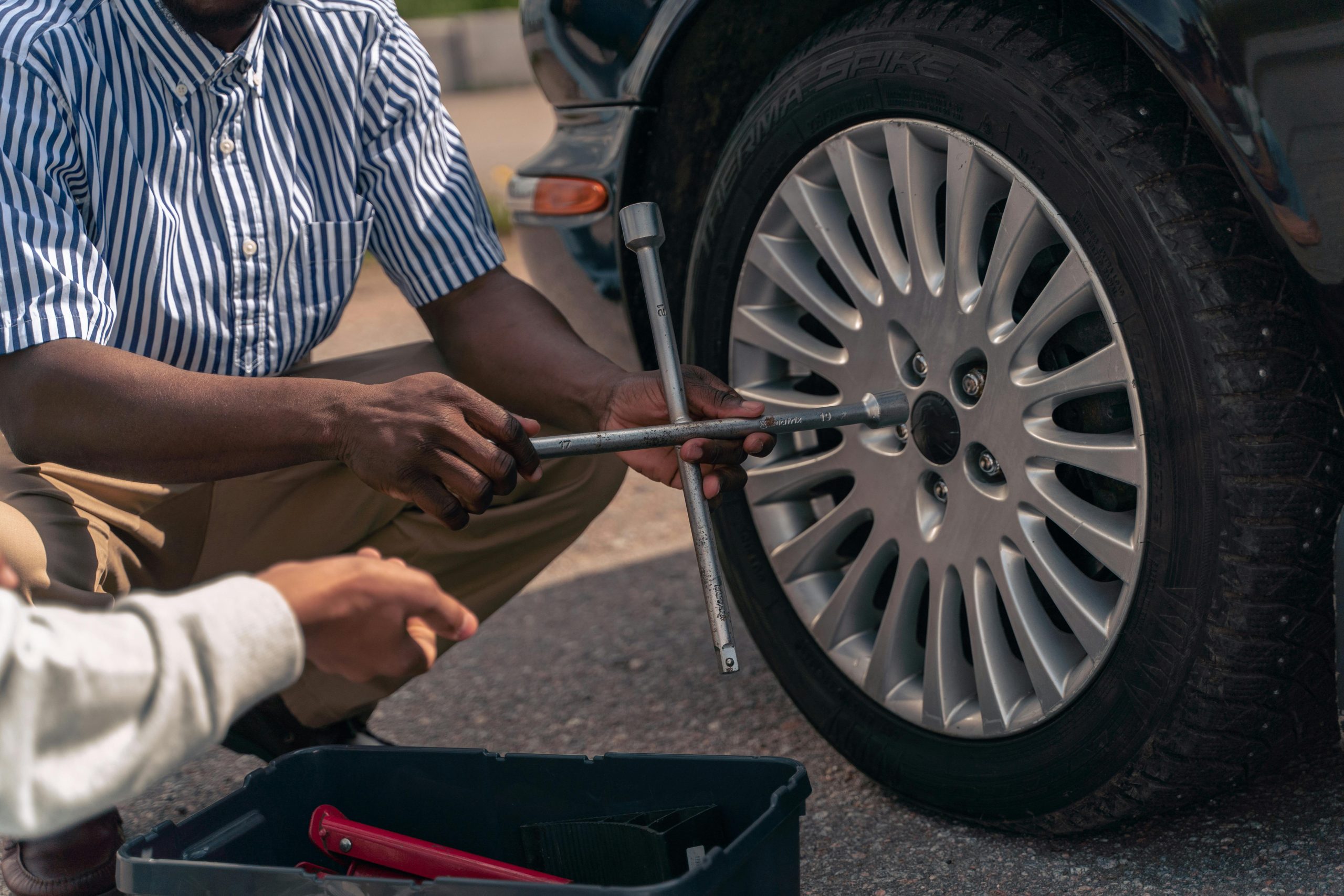Ever wondered what a quick Texas license plate lookup might reveal? It’s not just about the numbers—it’s about uncovering important details like a vehicle’s registration status, past damages, and any potential liens.
In a state where everything’s bigger, including the importance of being well-informed, VinCheckPro.com can offer the insights you need to make a confident car purchase.
Decoding the Lone Star State: What Your Texas License Plate Can Tell You

Texas license plates, issued by the Texas Department of Motor Vehicles (TxDMV), are crucial for vehicle identification in the state. They help with law enforcement, toll collection, and road safety. The standard format is ABC-1234, with vehicles generally receiving two plates (front and rear), though trailers may get just one. Plates are valid for seven years before needing renewal.
The numbers on Texas plates can reveal a vehicle’s registration, title, make, model, and year. When used with a Texas license plate search, this information helps owners and buyers make informed decisions, avoid fraud, and verify the vehicle’s history.
Behind the Numbers: Unveiling Vehicle History with a Texas Plate
When buying a used car or checking the history of a vehicle in Texas, conducting a free license plate lookup for Texas cars can be incredibly informative. This simple yet powerful tool can provide valuable insights into a range of vehicle data, including:
| Registration Details |
|
| Title History |
|
| Potential Liens |
|
| Accident History |
|
| Odometer Readings |
|
| Vehicle Specifications |
|
| Recall Information |
|
| Inspection Records |
|
| Ownership Changes |
|
| Theft Records |
|
| Market Value Estimations |
|
| Warranty Coverage |
|
| Vehicle Use Classification |
|
Title Troubles? How a Texas License Plate Can Save You From Surprise

Navigating title issues with a used car can often feel like unwrapping a gift only to discover an unexpected surprise—sometimes not the kind you were hoping for.
In Texas, a car title is crucial for proving ownership and revealing a vehicle’s history. Title brands like “salvage,” “rebuilt,” or “flood” indicate past events affecting the vehicle, which can be readily known through a car license plate lookup. Understanding these brands helps buyers and sellers avoid issues and ensures a smoother, more transparent transaction.
| Salvage Title | Indicates the vehicle was declared a total loss by an insurance company, usually due to severe damage or costly repairs exceeding its value after a major accident. |
| Rebuilt Title | Signifies the vehicle was salvaged, repaired, and inspected for roadworthiness. Though in better condition than a salvaged vehicle, it still carries risks due to its history. Rebuilt titles require thorough inspections and documentation to confirm repair quality. |
| Clean Title | The vehicle hasn’t been in major accidents or sustained significant damage, but it’s still important to verify its history, as minor issues or repairs may not be reflected. |
| Flood Title | The vehicle has suffered flood damage, which can lead to hidden electrical, mechanical, or structural issues and increased risk of long-term damage. |
| Lemon Title | The vehicle was declared a “lemon” under state laws due to persistent, unresolved defects despite multiple repair attempts. |
| Junk Title | Shows a vehicle is no longer roadworthy due to severe damage or wear, intended only for parts or scrap. |
| Non-Repairable Title | This title is given to a vehicle that cannot be legally repaired or put back on the road. Non-repairable titles are often issued for vehicles that are too damaged or unsafe to repair. |
| Repossession Title | Issued for a vehicle that was repossessed by a lender due to non-payment of a loan. While it may not have sustained physical damage, the vehicle’s history of repossession can affect its resale value. |
How to Perform a License Plate Lookup in Texas
Running a license plate check in Texas can give you crucial insights into a used car’s past, including its ownership history and any hidden problems that might save you from unexpected headaches down the road.
Here’s a step-by-step guide to help you through the process:
Step 1: Gather Necessary Information
Before you begin, ensure you have the following information ready:
- The full Texas license plate number you want to look up.
- Access to a reliable internet connection.
Step 2: Choose a License Plate Lookup Service
There are several ways to lookup license plate number from Texas. You can use:
- Texas Department of Motor Vehicles (TxDMV): The official government website offers some basic information.
- VinCheckPro.com Online Services: These services often provide more detailed reports, including vehicle history, accident reports, and title status.
Use the Texas DMV Website (For Basic Information)
- Visit the Texas DMV website: Go to the TxDMV official site.
- Complete the Motor Vehicle Information Request form to submit a request.
- If your application is approved, you must pay the corresponding fees and submit any additional required documents.
Use VinCheckPro.com Car Plate Lookup Service (For Detailed Reports)
- Go to VinCheckPro.com Texas License Plate Lookup page.
- Enter the full Texas license plate number in the space provided.
- Review the car report once it’s generated.
Step 3: Verify the Information
- Cross-check the information with any other vehicle details you have.
- Look for any discrepancies or red flags in the vehicle’s history, such as multiple ownership transfers, salvage titles, or accident records.
- Use the information gathered to make informed decisions, whether you’re considering purchasing a vehicle or simply verifying its history.
Your Roadmap to Safer Car Buying in Texas

Before you drive off with your next used vehicle, performing a vehicle tag lookup should be at the top of your checklist. This simple step can be your best defense against unexpected surprises that can turn your dream car into a costly mistake.
A Texas license plate lookup provides invaluable information about the vehicle’s history, including whether the car has been reported stolen, involved in any legal disputes, or has outstanding recalls. This gives you peace of mind, ensuring you’re not buying trouble. By knowing these details beforehand, you can make sure the vehicle you’re considering is worth the investment.